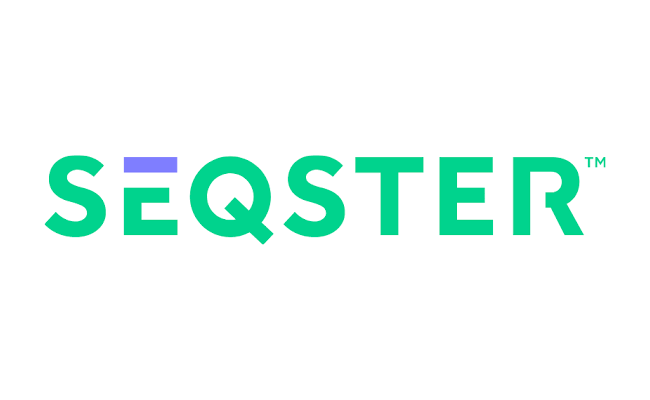Takeda to partner on patient-centric data with Seqster

Takeda has partnered with patient data firm Seqster in a drive to improve care through better access and understanding of patient-level data.
The partnership follows Takeda's investment in the US startup earlier this year. The pharma firm said it wants to leverage the company's technology across its business
San Diego-based Seqster has developed a portal that gathers together a patient’s data – such as electronic health records (EHR), genetic information, fitness results from wearables etc – and keeps it in a secure format that gives control over its collection, ownership and sharing.
Takeda hopes Seqster can help expand its external data and digital collaboration ecosystem, with better access to real-world evidence, and generate powerful data and insights for research and patient services.
The company says it wants to activate 12 distinct use cases across our business “in a matter of weeks”.
One use of Seqster’s decision support system and research platform is to reduce the time for consenting and onboarding patient data during clinical trials. The aim is to enhance patient engagement and compliance through a single-entry point for EHRs and integrates with partners enterprise data backbones.
At the time of Takeda’s investment in Seqster, Bruce Meadows, head of investments at Takeda Digital Ventures, said it was “a cornerstone of our digital health strategy,” and that the key element is “interoperability” for health data sharing.
Seqster’s platform “addresses interoperability on not only a nationwide scale but also globally,” according to Meadows, who notes that interoperability “is one of the biggest barriers to applying precision medicine to clinical trials and patient engagement.”
It is also a key objective for the Centers for Medicare & Medicaid Services (CMS) and Office of the National Coordinator for Health Information Technology (ONC) in the US.
The two agencies have a pair of proposed rules on interoperability and patient access to health information under review at the Office of Management and Budget (OMB) that could come into effect later this year.
A key part of those proposals is to allow patients easy, electronic access to their personal health information at no cost.
The Seqster Research Portal (SRP) can be used to speed up recruitment into clinical trials, as well as the consent process, and can work with a broad range of study types including patient registries used to generate real-world evidence, says its developer.
“Seqster provides clinical trial participants a secure platform to consent and share their data with investigators and study personnel in real-time,” according to the company’s chief executive Ardy Arianpour.
In turn, that creates “a longitudinal health record that facilitates patient clinical trial onboarding, monitoring and post-trial follow-ups,” he adds.
Seqster says the SRP platform currently connects users to more than 3,000 healthcare providers and over 100,000 hospitals and clinics across the US.
Listen to our podcast interview with Ardy Arianpour here.












